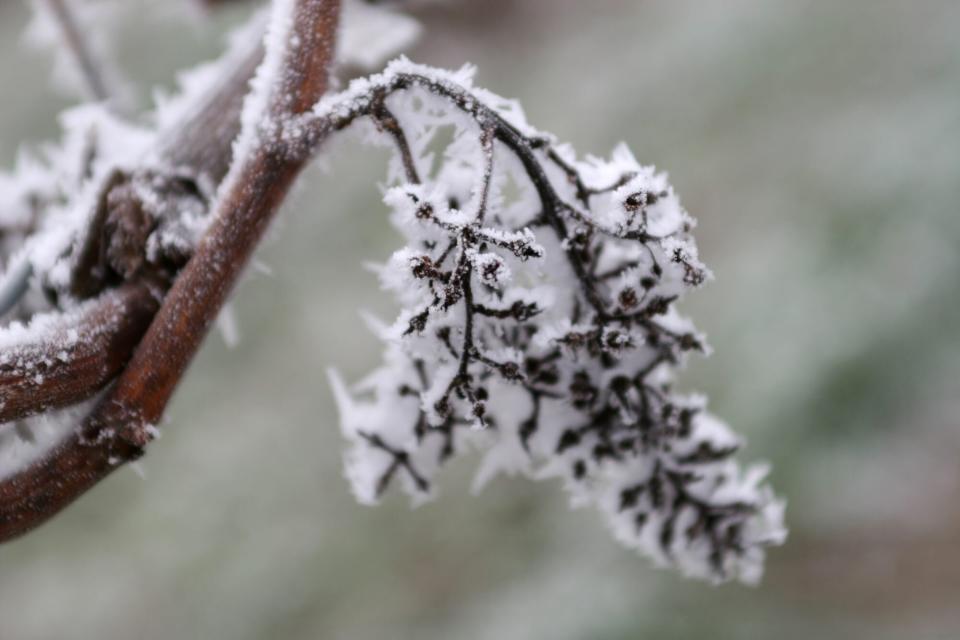Global Warming Is Increasing the Likelihood of Frost Damage in Vineyards
A common retort to global warming (and one of the reasons many people prefer the term "climate change") is "If the Earth is warming, what's up with this cold?" All intended snark aside, it's a question scientists are genuinely interested in: Weather patterns are extremely complicated (just ask your weather app that's never right) and determining how individual incidents tie into larger climate shifts is difficult.
For instance, this past April, France was hit with a devastating frost, affecting 80 percent of vineyards with estimated damages of around $2 billion: not the kind of outcome you'd expect from a warming planet. But new analysis from a team of European researchers suggests that this damage was ultimately tied to climate change — not because April was so cold, but because March was so warm.

AarStudio/Getty Images
Working with existing scientifically accepted models, the researchers explain that, without the impact of human-caused climate change, temperatures during that April frost actually could have been over 2 degrees Fahrenheit colder. So the month before is when the problem began: France was hit with record-breaking highs in March that caused the growing season to start early. This early bud burst, in turn, left the vines more vulnerable to a future cold spell — and in 2021, that meant "several hundreds of thousands of hectares" in damage, according to the French Ministry of Agriculture.
But isn't this just bad luck? Though certainly not good luck, the researchers determined that the probability of this kind of vulnerability occurring is growing. "Overall, we conclude that human-caused climate change made the 2021 event 20 percent to 120 percent more likely," the authors explained. This conclusion stems from their determination that the likelihood of early bud bursts is increasing at a rate faster than the decrease in potential spring cold spells.
"There is an apparent paradox: global warming can lead to increased frost damage!" Robert Vautard, senior scientist at the French National Centre for Scientific Research (CNRS) and director of the Institut Pierre-Simon Laplace, stated, discussing the paper he co-authored. "Our results show that climate change is making both the growing season start earlier and frosts become warmer, but the former effect dominates over the latter. The consequence is that vineyards grow and mature faster now, but this leaves them more exposed to eventual colder snaps."
Friederike Otto — associate director at the Environmental Change Institute at the University of Oxford and another co-author — spoke to the broader implications of their findings. "Our study is a good example of the fact that climate change affects the whole climate system," she said. "But different components, with different magnitudes and rates of change, lead to threats that can be unexpected and go beyond heatwaves, droughts and floods."
But what can be done about the problem? Unfortunately, the authors admit that wasn't the goal of their study. "Our findings highlight that growing season frost damage is a potentially extremely costly impact of climate change already damaging the agricultural industry," the paper concludes, "but to inform adaptation strategies for specific species impact-based modeling will need to complement our assessment."

